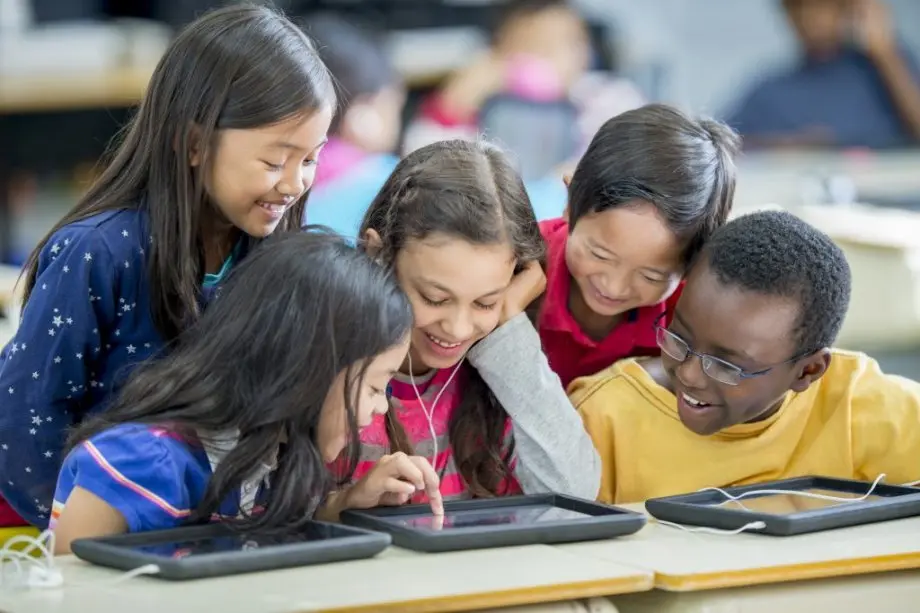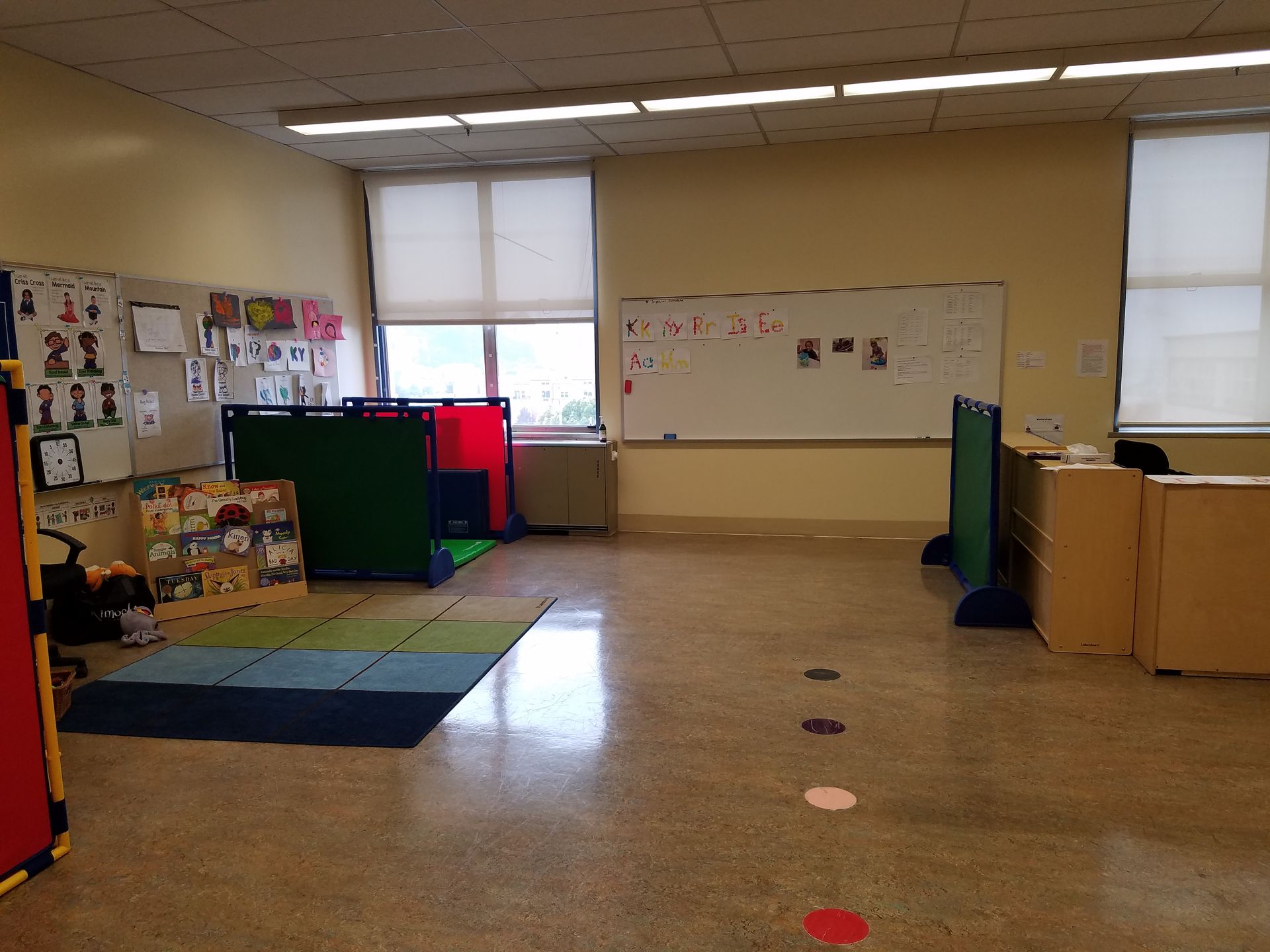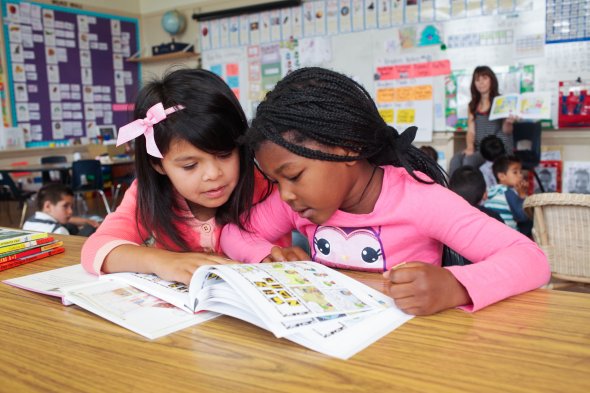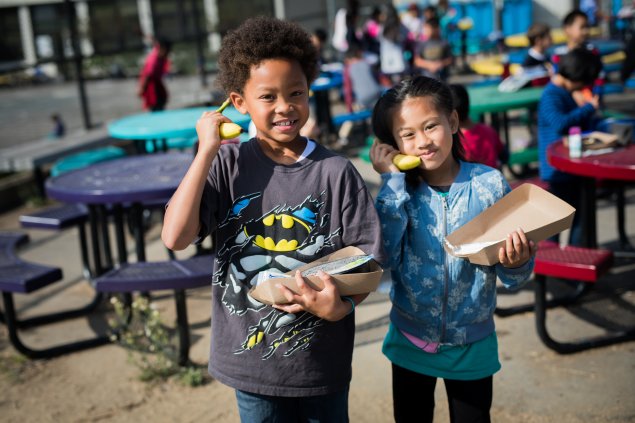Early Education Programs

Early Education Department Family Handbook
The Early Education Department Family Handbook serves as a vital resource outlining the policies, rules, and procedures for families with children enrolled in our Early Education Schools and programs. It forms the foundation for effective communication and alignment between parents and schools. Families will receive a copy of the handbook at the time of enrollment, either in digital or printed format, depending on availability and preference. For digital versions in multiple languages and access to other helpful materials, please visit the Early Education Department Library of Handbooks and Booklets webpage.

Main Classroom
The classroom functions as a clinical setting, highlighting each child's strengths in coping with challenging situations. Children are encouraged to examine behavior, name distressing feelings, and explore alternative expressions through morning routine, circle time, music/movement, cooperative games, behavior expectations, and a reward system.
Circle Time: The first activity, setting the day's tone. Daily Circle Time includes children and staff forming a circle on the floor, followed by the "Hello, how are you" song, with children choosing musical instruments.

Room Description
Play Therapy helps young children express emotions and experiences through play, a natural form of communication and healing. It supports self-understanding and social development while addressing psychosocial challenges. Trained Interventionists observe children in a safe, play-based setting to identify behavior patterns and underlying issues.
Promotes intentional positive peer interaction through free choice play and facilitated play
- Intentional Social Emotional skill practice

Special Playtime
Special Playtime is a behavioral intervention that strengthens the parent-child bond and reduces challenging behaviors. It provides opportunities for children to practice coping skills during everyday challenges (e.g., losing a game, transitioning between activities). Shoestrings staff either work directly with students or coach caregivers through a one-way mirror.
- Based on Parent-Child Interaction Therapy (PCIT)
- Focuses on positive parent-child interactions
- Tailored to each child’s social-emotional (SEL) needs at school and home
- Emphasizes strong family partnerships